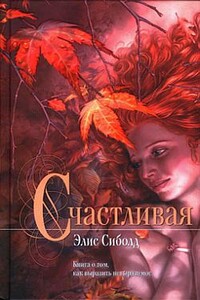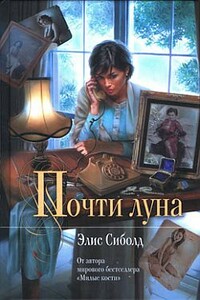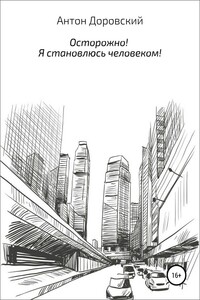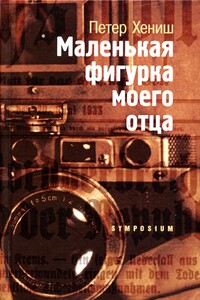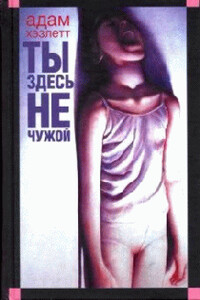She worked service bar and walked every inch of Manhattan on her off hours. I watched her pound the cement in her defiant boots, sure that women were being murdered wherever she went. Down in stairwells and up inside beautiful highrises. She would linger at streetlights and scan the facing street. She wrote small prayers in her journal at the cafés and the bars, where she stopped to use the bathroom after ordering the cheapest thing on the menu.
She had become convinced that she had a second sight that no one else had. She didn’t know what she would do with it, save taking copious notes for the future, but she had grown unafraid. The world she saw of dead women and children had become as real to her as the world in which she lived.
In the library at Penn, Ray read about the elderly under the boldface heading “The Conditions of Death.” It described a study done in nursing homes in which a large percentage of patients reported to the doctors and nurses that they saw someone standing at the end of their bed at night. Often this person tried to talk to them or call their name. Sometimes the patients were in such a high state of agitation during these delusions that they had to be given a sedative or strapped to their beds.
The text went on to explain that these visions were a result of small strokes that often preceded death. “What is commonly thought of by the layman as the Angel of Death, when discussed at all with the patient’s family, should be presented to them as a small series of strokes compounding an already precipitous state of decline.”
For a moment, with his finger marking the place in the book, Ray imagined what it would be like if, standing over the bed of an elderly patient, remaining as open as he could to possibility, he might feel something brush past him as Ruth had so many years ago in the parking lot.
Mr. Harvey had been living wild within the Northeast Corridor from the outlying areas of Boston down to the northern tips of the southern states, where he would go to find easier work and fewer questions and make an occasional attempt to reform. He had always liked Pennsylvania and had crisscrossed the long state, camping sometimes behind the 7-Eleven just down the local highway from our development, where a ridge of woods survived between the all-night store and the railroad tracks, and where he found more and more tin cans and cigarette butts each time he passed through. He still liked to drive close to the old neighborhood when he could. He took these risks early in the morning or late at night, when the wild pheasants that had once been plentiful still traversed the road and his headlights would catch the hollow glowing of their eye sockets as they skittered from one side of the road to the other. There were no longer teenagers and young children sent to pick blackberries just up to the edge of our development, because the old farm fence that had hung so heavily with them had been torn down to make room for more houses. He had learned to pick wild mushrooms over time and gorged on them sometimes when staying overnight in the overgrown fields of Valley Forge Park. On a night like this I saw him come upon two novice campers who had died after eating the mushrooms’ poisonous look-alikes. He tenderly stripped their bodies of any valuables and then moved on.
Hal and Nate and Holiday were the only ones Buckley had ever allowed into his fort. The grass died underneath the boulders and when it rained, the insides of the fort were a fetid puddle, but it stayed there, though Buckley went there less and less, and it was Hal who finally begged him to make improvements.
“We need to waterproof it, Buck,” Hal said one day. “You’re ten – that’s old enough to work a caulking gun.”
And Grandma Lynn couldn’t help herself, she loved men. She encouraged Buck to do what Hal said, and when she knew Hal would be coming to visit, she dressed up.
“What are you doing?” my father said one Saturday morning, lured out of his den by the sweet smell of lemons and butter and golden batter rising in pans.

